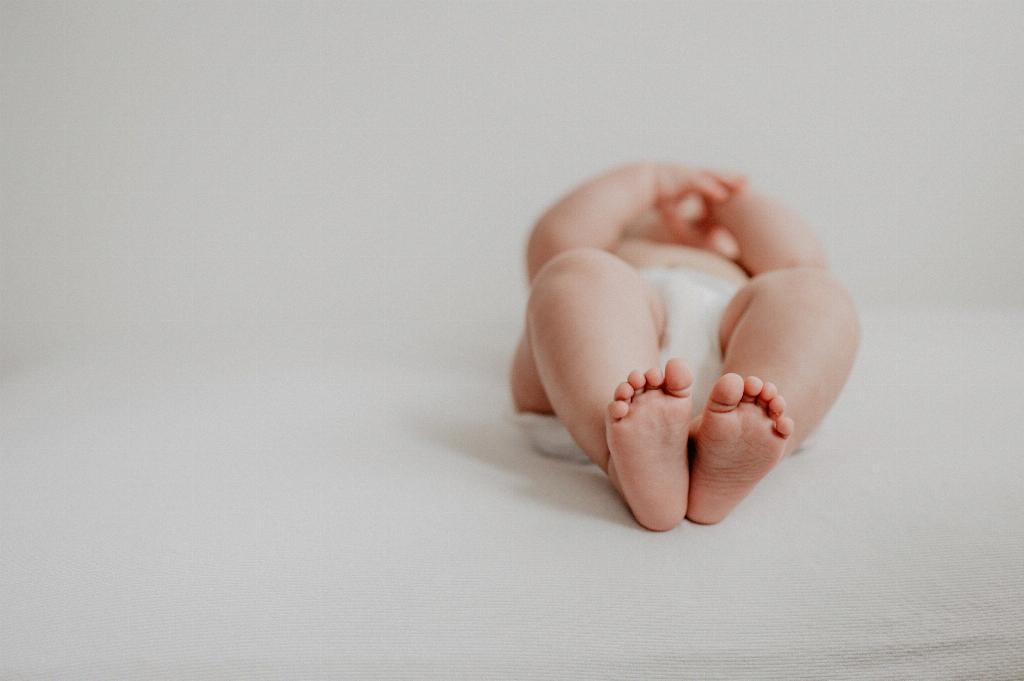When it comes to swim diapers, one common question that parents often have is whether or not these diapers are effective in keeping water out. Understanding how swim diapers work is crucial in ensuring a stress-free and enjoyable swimming experience for both parents and their little ones.
How Swim Diapers Function
Swim diapers are specifically designed to contain solid waste and prevent it from leaking into the pool. Unlike regular diapers, swim diapers do not absorb urine. This means that if your child pees while wearing a swim diaper, the urine will not be absorbed but will pass through the diaper and into the water.
The Importance of Containment
While swim diapers may not keep water out in the traditional sense, their primary function lies in containing solid waste to prevent contamination of the pool water. This is especially important in public swimming pools, where maintaining proper hygiene is crucial for the health and safety of all swimmers.
Choosing the Right Swim Diaper
It is essential to select the appropriate swim diaper for your child to ensure optimal performance. Look for swim diapers that provide a secure fit around the waist and legs to minimize the risk of leaks. Additionally, consider the size and weight recommendations provided by the manufacturer to guarantee a snug and comfortable fit.
Regular Diapers vs. Swim Diapers
One key distinction between regular diapers and swim diapers is their functionality. While regular diapers are designed to absorb and retain liquid, swim diapers focus on containing solid waste. Understanding this difference can help parents set realistic expectations when it comes to the effectiveness of swim diapers in keeping water out.
Changing Swim Diapers
It is essential to check and change your child’s swim diaper regularly, especially if they have been in the water for an extended period. Even though swim diapers are not designed to keep water out, a fresh diaper will ensure proper containment of solid waste and prevent any potential leaks.
Proper Usage Guidelines
When using swim diapers, it is crucial to follow the manufacturer’s guidelines for proper usage. Make sure to securely fasten the diaper around your child’s waist and legs to create a tight seal that minimizes the chances of leaks. Checking the diaper for snugness and fit before entering the water is also recommended.
Preventing Leaks
While swim diapers are effective in containing solid waste, it is important to note that they may not be 100% leak-proof when it comes to liquids. To prevent leaks, consider limiting the time your child spends in the water and taking regular diaper check breaks to ensure that the diaper is still secure and properly fitted.
Additional Precautions
Aside from using swim diapers, parents can take additional precautions to minimize the risk of leaks and contamination. Encouraging your child to take regular bathroom breaks and avoiding excessive consumption of liquids before swimming can help reduce the likelihood of accidents in the water.
Pool Regulations
Many public swimming pools have specific regulations regarding the use of swim diapers to maintain cleanliness and hygiene standards. Before heading to the pool, familiarize yourself with any rules or guidelines related to swim diaper usage to ensure a smooth and hassle-free swimming experience for you and your child.
Enjoying Swim Time
By understanding the function of swim diapers and taking the necessary precautions, parents can ensure that their little ones have a safe and enjoyable time in the water. While swim diapers may not keep water out in the traditional sense, they play a vital role in maintaining hygiene and minimizing contamination in swimming pools.
Final Thoughts
Swim diapers are an essential tool for parents looking to introduce their children to the joy of swimming while maintaining proper hygiene standards. While swim diapers may not keep water out, their primary function lies in containing solid waste and preventing contamination of pool water. By following proper guidelines for usage and taking additional precautions, parents can ensure a worry-free and fun-filled swimming experience for their little ones.

